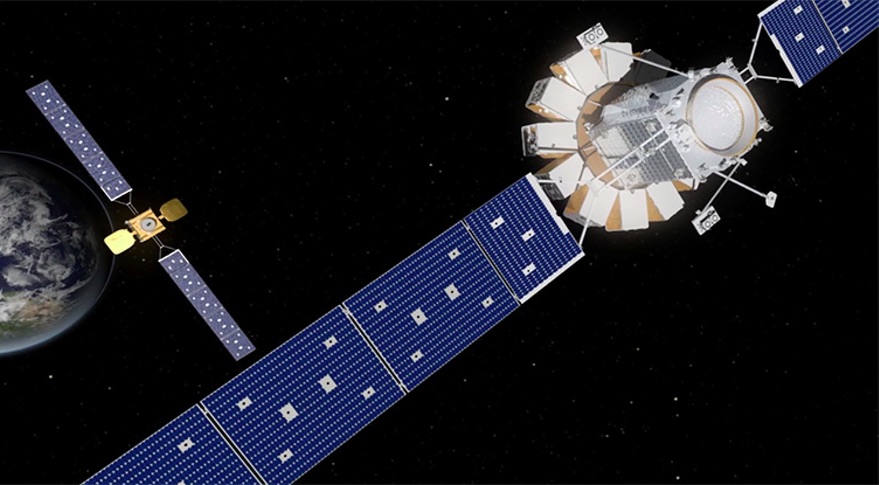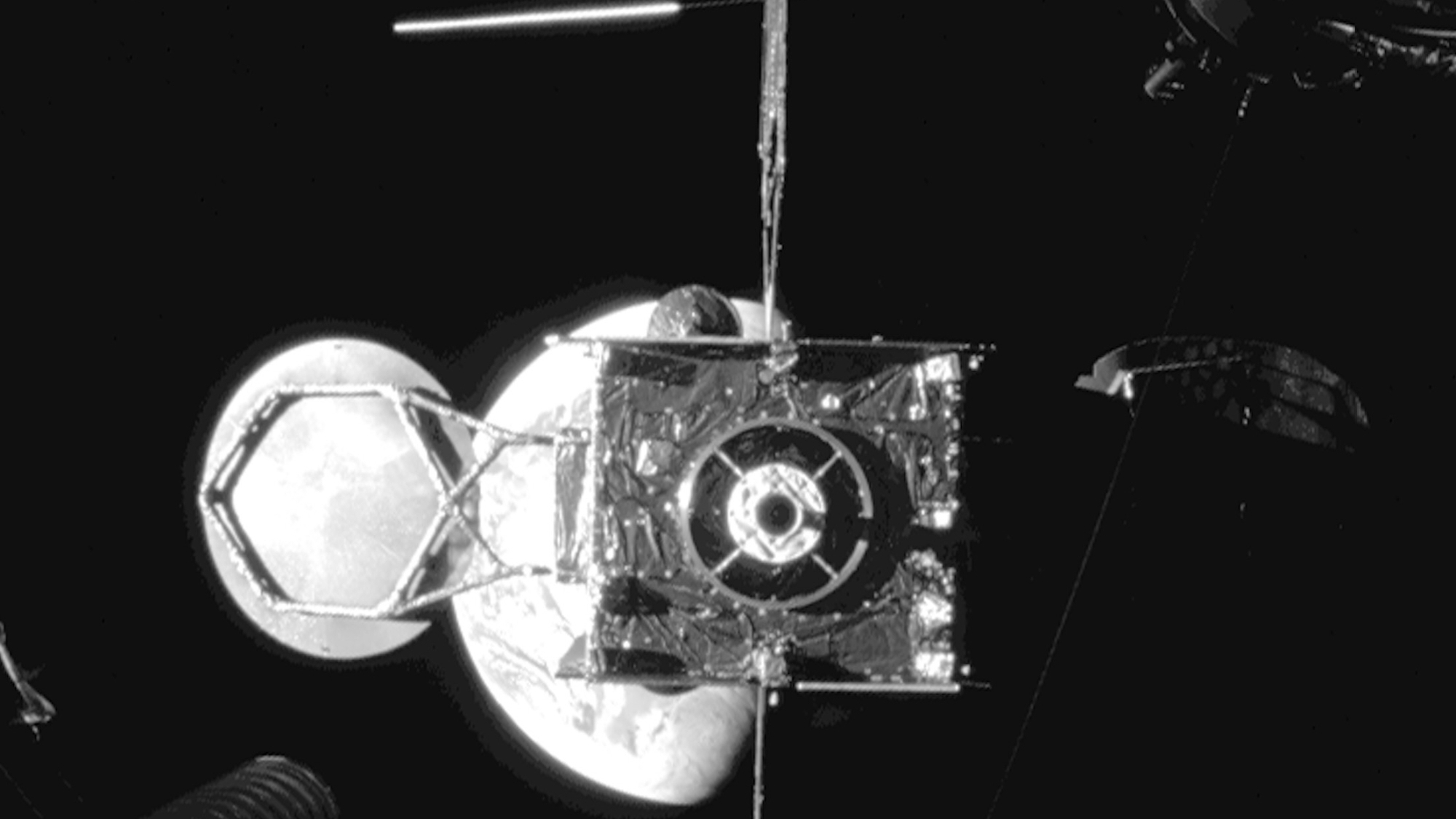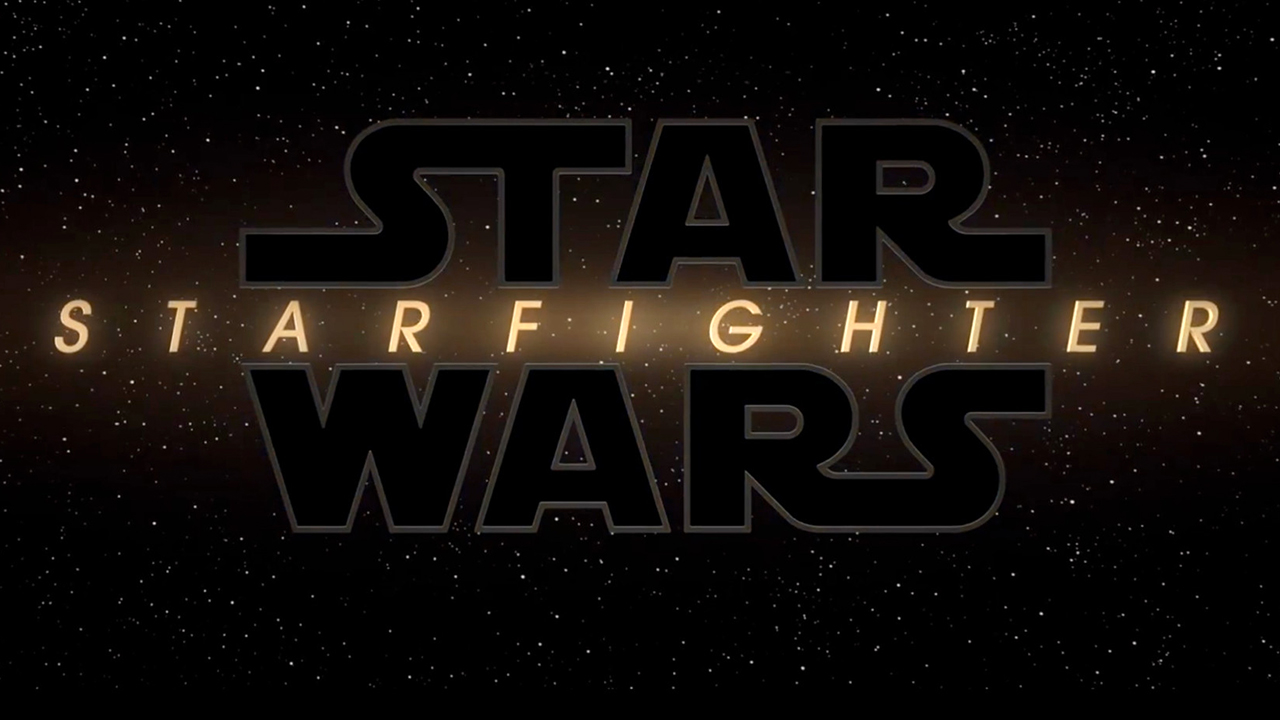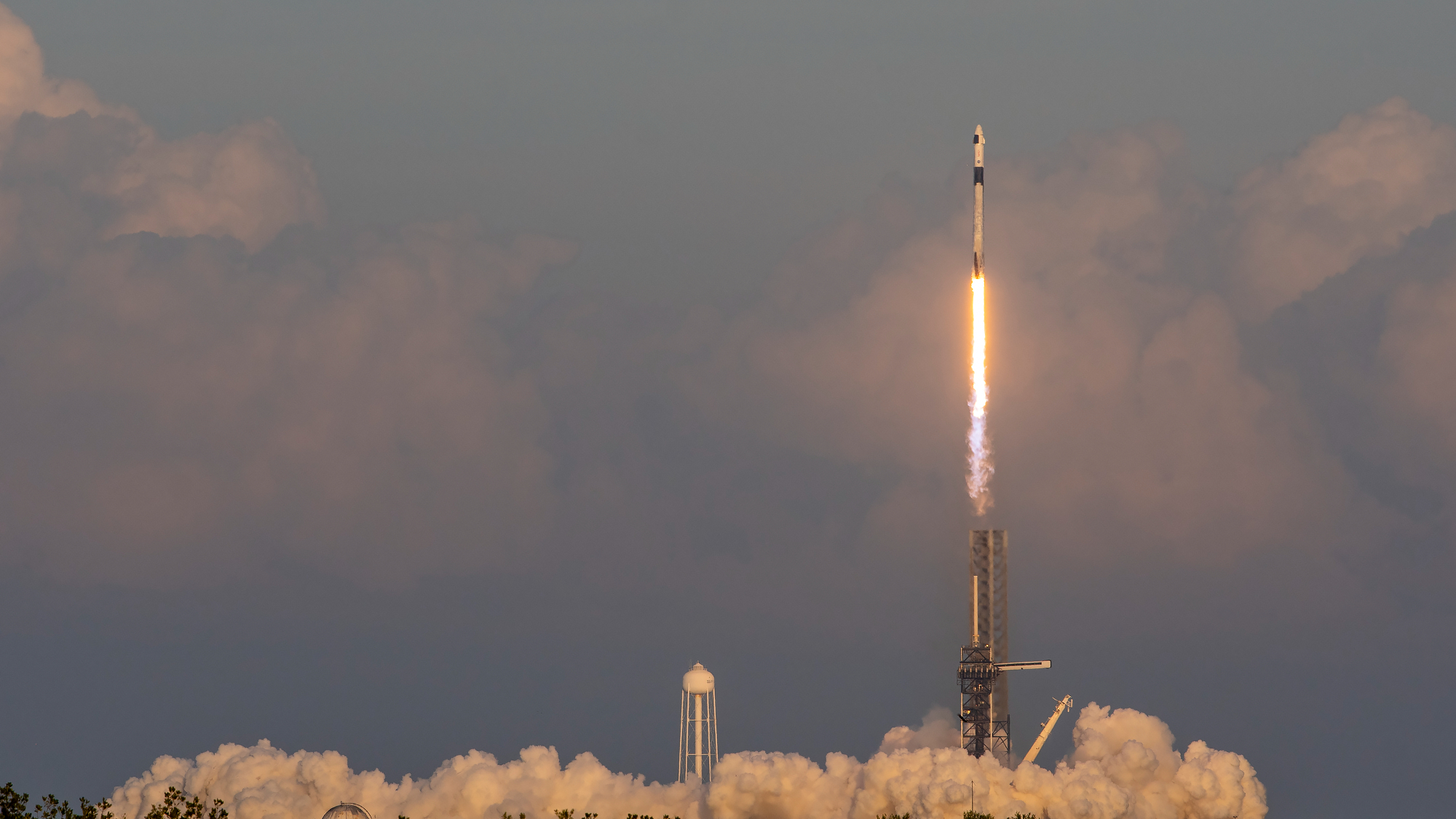House Passes Commercial Space Regulatory Bill

WASHINGTON — The House of Representatives approved legislation April 24 that would reform commercial remote sensing regulation and create a licensing regime for "non-traditional" commercial space activities.
The House approved on a voice vote H.R. 2809, the American Space Commerce Free Enterprise Act, after about 25 minutes of debate on the House floor during which no members spoke in opposition to the bill.
The bill, which cleared the House Science Committee last June, is intended to both streamline the existing regulations for licensing of commercial remote sensing systems and provide a minimalistic licensing system for other commercial space activities not already regulated by other agencies in order to comply with the "authorization and continuing supervision" requirements of the Outer Space Treaty.
"Today we give space exploration a booster rocket in the form of H.R. 2809," Rep. Lamar Smith (R-Texas), chairman of the House Science Committee, said on the House floor. The bill, he claimed, removed uncertainty regarding who would regulate emerging commercial space applications, ranging from satellite servicing to lunar landers, that don't clearly fall into areas already overseen by the Federal Aviation Administration, Federal Communications Commission and the National Oceanic and Atmospheric Administration, which today license launches, satellite communications and commercial remote sensing, respectively. [In Pictures: The Rockets and Spaceships of SpaceX]
"This uncertainty has cramped capital formation and innovation, and has driven American companies overseas," he argued. "The Space Commerce Act remedies this situation by establishing a new, novel legal and policy framework that unleashes American free enterprise and business, assures conformity with Outer Space Treaty obligations and guarantees that the U.S. will lead the world in commercial space activities throughout the 21st century."
The bill gives the Office of Space Commerce within the Department of Commerce the authority to issue "certifications" for space objects not otherwise licensed by the FAA or the FCC. Companies would provide basic information about their spacecraft, including an attestation that it is not a weapon of mass destruction, and the office would have 90 days to review the application.
The bill also reforms commercial remote sensing regulations, moving licensing of those spacecraft from NOAA's Commercial Remote Sensing Regulatory Affairs office to the Office of Space Commerce. It requires a 90-day review of license applications, versus the 120 days under current regulations, with automatic approval of applications should the office not make a determination at the end of that 90-day period.
Get the Space.com Newsletter
Breaking space news, the latest updates on rocket launches, skywatching events and more!
While NOAA has, in recent years, worked to decrease the average commercial remote sensing licensing review time, companies have complained about long delays on individual applications and a lack of insight into the license review process, issues the bill seeks to address. The bill "ensures U.S. industry receives a timely and transparent determination on applications," said Rep. Brian Babin (R-Texas), chairman of the House space subcommittee.
Concerns about the ability of national security agencies to weigh in on remote sensing applications led to some changes in the bill after its markup last June. One provision added to the bill allows the president to extend the 90-day review period for such applications by 60 days "to further evaluate the national security implications of the application," provided the president notifies relevant congressional committees. The bill allows for only one such 60-day extension.
"Since the markup, I was pleased to see additions to the bill which ensure the proper balance with the defense community to ensure the Department of Defense has the proper input into remote sensing applications," said Rep. Ed Perlmutter (D-Colo.) during the debate on the House floor.
While the bill easily cleared the House, its future is less certain. The Senate has been working on its own commercial space bill, led by Sen. Ted Cruz (R-Texas), chairman of the Senate space subcommittee. That bill is not expected to be identical in scope or content to the House bill.
The National Space Council also approved a set of recommendations for commercial space regulation at its Feb. 21 meeting. While they include changes similar to that in the House bill, like consolidating regulation within the Office of Space Commerce and giving that office oversight of non-traditional commercial space activities, it also calls on the department to develop its own legislative proposal for enacting those changes.
"There are elements of the existing legislation on the Hill that the administration is supportive of," said James Uthmeier, senior advisor to the Secretary of Commerce, during an April 3 meeting of NOAA's Advisory Committee on Commercial Remote Sensing. "There are things with that proposed legislation that pretty much everybody in this room would admit needs some work."
Some House members, while backing this bill, said they hoped to see changes in it should it works its way through the Senate. "There are several aspects of H.R. 2809 that deserve further discussion," said Rep. Ami Bera (D-Calif.), ranking member of the space subcommittee. Those aspects, he said, include adequate reviews by government agencies of license applications and adherence to planetary protection guidelines by commercial ventures where relevant.
Bera and Perlmutter also wanted to review whether the Office of Space Commerce, which has only a few staff members, was the right home for the licensing authority granted in the bill. "I hope this discussion continues and we reach a consensus as we continue through the legislative process with the Senate," Perlmutter said.
This story was provided by SpaceNews, dedicated to covering all aspects of the space industry.
Join our Space Forums to keep talking space on the latest missions, night sky and more! And if you have a news tip, correction or comment, let us know at: community@space.com.

Jeff Foust is a Senior Staff Writer at SpaceNews, a space industry news magazine and website, where he writes about space policy, commercial spaceflight and other aerospace industry topics. Jeff has a Ph.D. in planetary sciences from the Massachusetts Institute of Technology and earned a bachelor's degree in geophysics and planetary science from the California Institute of Technology. You can see Jeff's latest projects by following him on Twitter.










